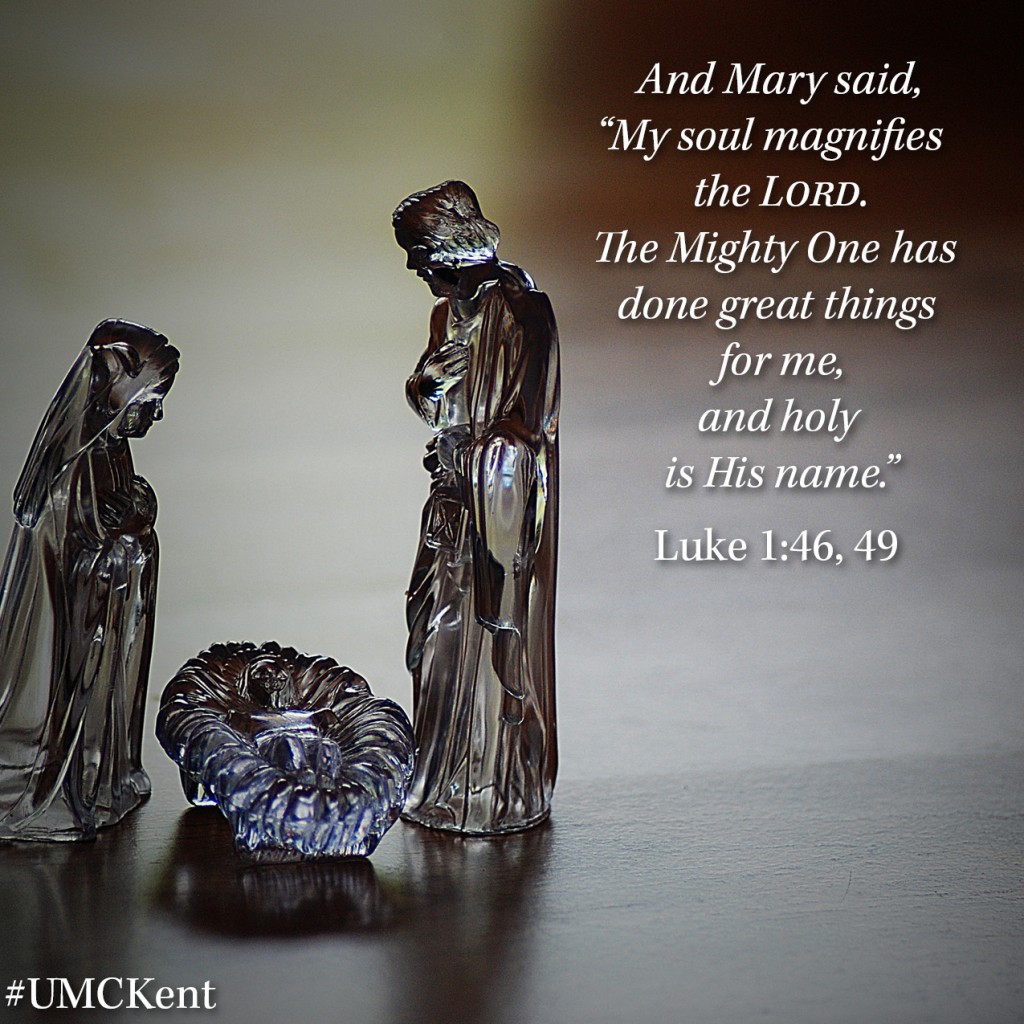There is much in our world that can cause us fear. Whether we look at the troubling happenings around us, or whether we look at the troubles and threats in our own personal lives, we have almost endless reasons for anxiety.
The Bible gives us the answer to fear. One of the most powerful prophetic messages about fear is found in Isaiah’s vision of Emmanuel. The vision relates first of all to circumstances during the reign of King Ahaz of Judah in the late eighth century B.C., when the land of Judah was under attack and “the hearts of the people shook like the trees shake before the wind.” (Isaiah 7:2). In that fear-ridden setting, Isaiah proclaimed that God would give Ahaz a sign – a child would be born, in the days of Ahaz, who would be called “Emmanuel,” which means “God is with us.” The sign of Emmanuel was the assurance that the evils that threatened the people would not stand—that because God was with the people, they need not fear. Isaiah went on to give a very detailed picture of the deliverance that was to come, a picture that unfolded precisely in the days of Ahaz.
But Isaiah’s vision of Emmanuel would come to another, far greater level of fulfillment in the days of Jesus. Just as God once gave the sign of Emmanuel to Ahaz, so now in Jesus God gives the sign of Emmanuel to the whole world. In the birth of Jesus, we are given the clear message that God is with us. And because God is with us, we need not fear, even in the face of the great evils of our time; but we can put our faith in God.
So when Mary and Joseph were told by angels of the birth of Jesus, and were told that he would be called Emmanuel (Matthew 1:23), they responded in faith and praise. There was much that might have caused them fear, but they trusted in God.
The answer to fear is God’s gift of Emmanuel. In Jesus, God is with us. When we receive the gift of Jesus Christ, our fear is changed to faith; and along with Mary and Joseph, we can lift our hearts to the Lord in confidence and praise.
Sunday’s Scripture Readings:
Isaiah 7:1–17
Matthew 1:18–23
Luke 1:26–33, 46–49


